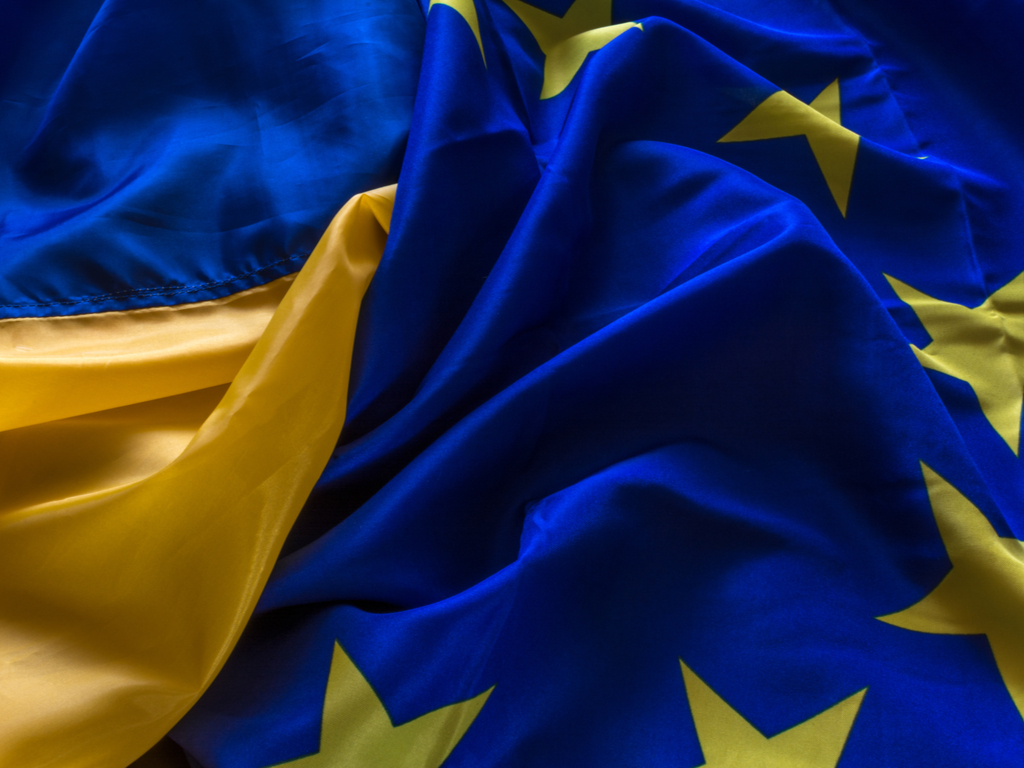Ivan Nagornyak, PhD in political science, coordinator on economic issues of the Ukrainian NGO “SD Platform”
Following Eastern Partnership leaders’ video conference on 18 June, EU leaders identified five long-term goals for the Eastern Partnership policy, which should be approved at a physical summit in March 2021.
First priority: an economy-focused partnership that creates jobs, contacts between countries, and opportunities for youth.
The second is the strengthening of state institutions, respect for human rights, gender equality, and the rule of law.
The third priority is called the “partnership that unites” – digital transformation. The EU will work with partners to modernize the necessary infrastructure.
The fourth priority is sustainability, including climate change and the corresponding response to it.
Fifth, the European Commission will continue to inform about the tangible results that citizens of the EaP countries receive from cooperation with the EU.
StrategEast has interviewed experts from Eastern Partner countries on top priorities of cooperation with the EU. Here are the answers from Ukraine.
In which of these areas can be observed the most tangible results of cooperation between the EU and your country at the moment?
Previous EU initiative that specified the vectors for the EaP development was “20 deliverables for 2020”. The Joint Staff Working Document on “Eastern Partnership – 20 deliverables for 2020: focusing on key priorities and tangible results” was presented by the European Commission in December 2016 and endorsed at the 2017 Eastern Partnership (EaP) Brussels Summit. It was a concrete Action Plan with 20 deliverables that the EU was eager to achieve until 2020 in the EaP countries` economy, governance, connectivity, and society.
According to the EEAS evaluation of deliverables, most tangible results were achieved in society development. Of course, the most popular result was an introduction of the “visa-free” regime with the EU for citizens of Georgia, Moldova, and Ukraine. Nevertheless, the EU has estimated that the establishment of the EaP European school in Tbilisi has reached the biggest progress in the social sector.
That`s why I agree that in the “long-run”, further investment in young people’s skills through providing more opportunities could bring the best results for the EaP countries` development.
In addition, Ukraine and other associated partners have strong incentives for further integration into the EU Digital Single Market. To achieve this goal the EU has to support the full implementation of the partner countries’ commitments in the Association Agreements and invest more into their digital infrastructure.
Are there any priorities for your country that were not mentioned at the videoconference of the EaP leaders?
Ukraine and Georgia several times demonstrated their will to have more opportunities to cooperate with the EU in the security area. Such cooperation could bring a lot of mutual benefits for all parties, as now they are facing the same threats. Besides that, providing the possibility to interact within the PESCO initiative and access to the European Defence Fund (EDF) could strengthen the defense capacities of Ukraine and Georgia. It requires a political decision at the EU Council level but Ukraine and Georgia’s practical experience in tackling Russian aggression can be very useful in preparing European security measures.
I would also like to add that tackling an enormous economic inequality should become a more visible priority for the EU-Ukraine cooperation. Of course, the main sources of this problem are money laundering and corruption. But, also the possibility to hide the incomes from taxes, and get more profits by providing poor working conditions at their enterprises and pay unofficial salaries for workers.
That`s why, possible additional priority for the EU-Ukraine cooperation could be strengthening institutional capabilities of executive bodies that provide relevant state audit, mainly at the local level. So that the EU support in strengthening the rule of law and social rights could become more visible in all regions of Ukraine. Especially since according to Chapter 21 “Cooperation on employment, social policy and equal opportunities” of the EU-Ukraine Association Agreement there are numbers of the EU social and labour norms that Ukraine should implement into its legislation and realize it on the ground.




